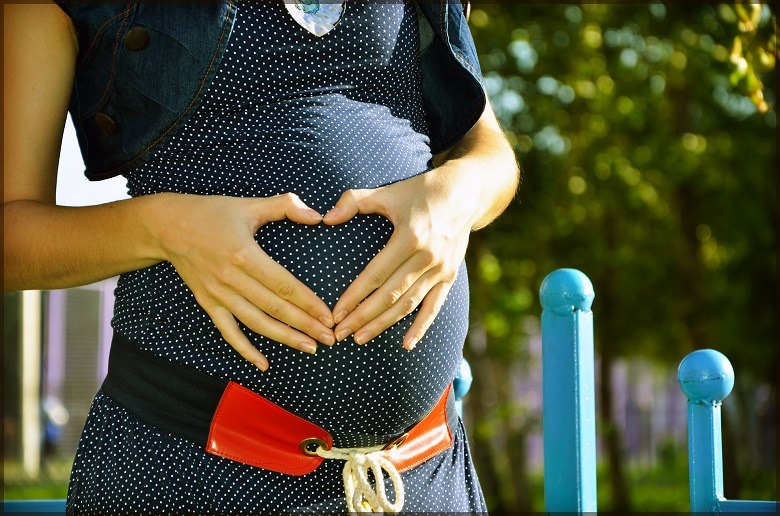
The importance of meat during pregnancy
The child in the womb is totally dependent on nutrients that come from the mother. Maternal dietary habits, the nutritional status before conception and during pregnancy and lactation effect the unborn child, its growth and its health. It is therefore important that the foods that a pregnant or nursing woman assumes provide all the nutrients needed to support the growth and development of the child, and this is achievable only through a varied and balanced diet.
Proteins are a primary nutrient, because they provide the building blocks necessary for the construction of the unborn tissues: it goes from two cells at fertilization to about ten thousand billion in the newborn baby! But one must also supply the proteins necessary for the development of the placenta, to that of the breast and uterine tissues of the mother and the growth of the circulating blood volume (more haemoglobin, more plasma proteins), in addition to the amniotic fluid.
Foods that contain proteins of high biological value are milk and derivatives, eggs, meat and fish. The same foods help to replenish the body of other important nutrients during pregnancy and lactation such as calcium, iron, zinc, iodine, the B vitamins, vitamin D and some of the family of omega -6 fats like arachidonic acid (AA).
During pregnancy and breast feeding frequent consumption of fish to get the valuable long-chain omega-3 fatty acids, albeit present in smaller quantities in meat, such as docosahexaenoic acid (DHA) is highly recommended. DHA is in fact one of the main structural components of cell membranes and is essential for the formation of new tissue, in particular for the foetal development of the brain, the nervous system and the retina, that continue to develop during the first months of life.
A good supply of calcium, phosphorus as well as vitamin D, is essential for foetal development in the first months of life. Not only do the bones and teeth benefit, but so do nerve functions, muscle contraction and blood clotting. During pregnancy you also need to pay close attention to the consumption of sufficient quantities of iron and iodine.
The greater need for iron is due to the greater volume of blood: the baby’s cells breathe with the oxygen carried by the iron (haemoglobin) of the mother. An adequate quantity is essential to control the most basic metabolism induced by pregnancy. In addition to eating fish regularly, it is a good thing to replace salt with iodised salt.
During pregnancy, iron deficiency can impair brain function, learning and memory: infants with low iron levels have a retardation in cognitive neurons and motor development, a fact confirmed by a recent research conducted at the Children’s hospital of Los Angeles and published in Paediatric Research, one of the most prestigious magazines in the sector.
All vitamins are important during pregnancy, but some are even more important: vitamin A and vitamin C, necessary for tissue growth, and the vitamins of the B group, essential for energy and protein metabolism transformation, which are found in cereals, legumes and in food of animal origin. Special attention is needed for folic acid, a vitamin essential for the proper development of the spinal cord in the foetus in the first 3 months after conception, to the point that during pregnancy a higher consumption is recommended. It also intervenes in the formation of red blood cells and is able to reduce the risk of heart disease.
During this stage of life the requirement for vitamin B12 also increases, rising from 2.4 micrograms to 2.6 micrograms a day during pregnancy and 2.8 micrograms during lactation.
The Sustainable Meat Project


